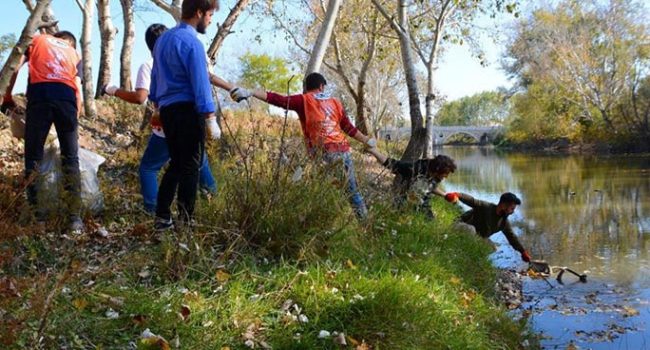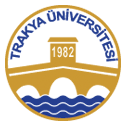

This pilot project aims to support the transition to a university campus without single-use plastic. Supported by the rectorate, it aims to serve as a model for other universities in the Balkan Union.
Plastige Hayir!! is an Edirne-based movement that raises awareness about the reduction of single-use plastic and proposes alternatives, led by the environmental committee of the University of Edirne and supported by local associations.
The project’s key action was the installation of 11 water fountains on campus, funded with the support of BeMed. Despite the pandemic and the rise of the price of bottled water, the use of water bottles has become much more widespread.
An awareness campaign was also conducted, with a group of student volunteers distributing reusable bags and water bottles. At the same time, nine clean-up operations were organized, some of them covered by the media, bringing together students, teachers, associations and volunteers.
Updated on 03/04/2025